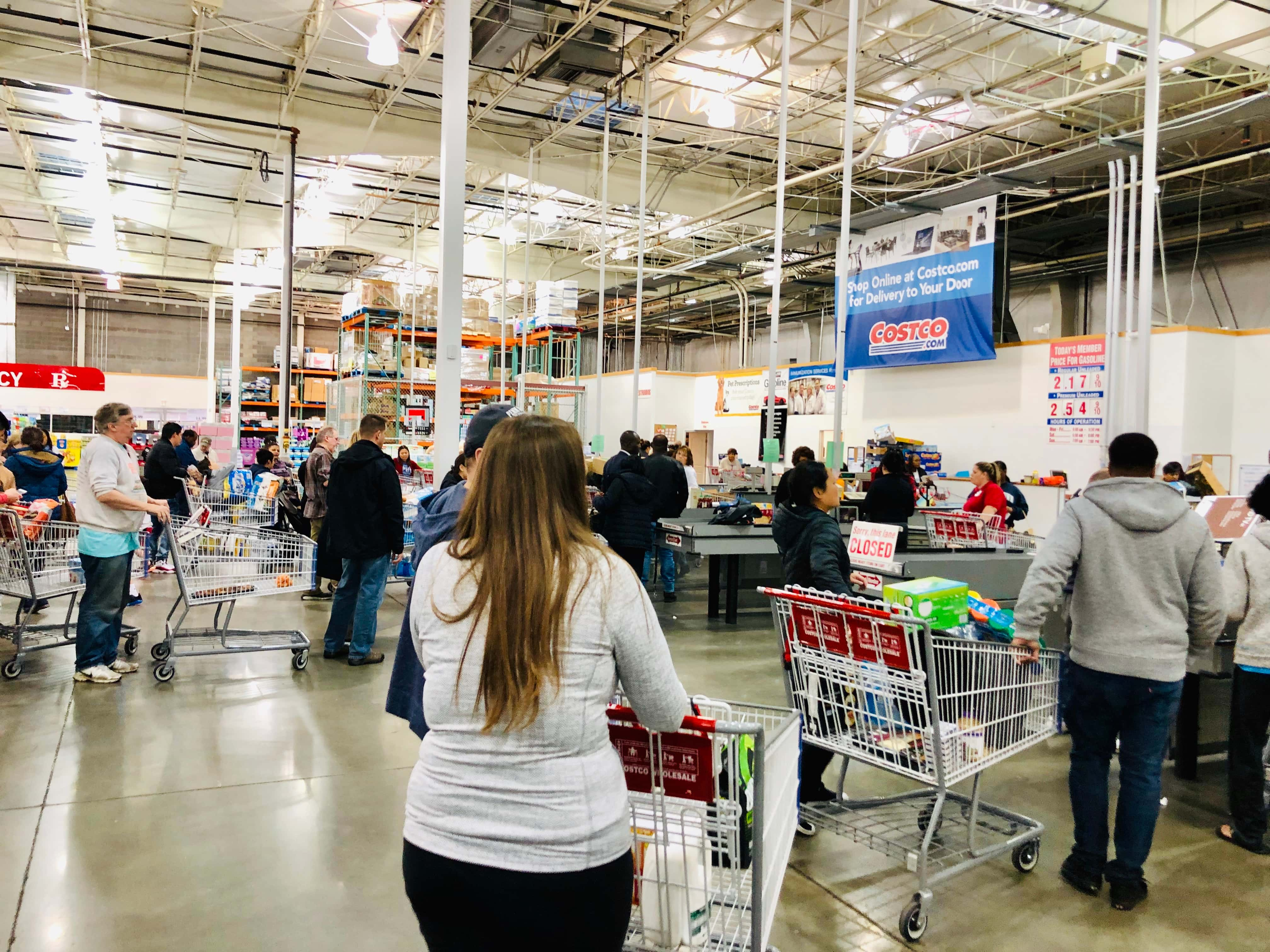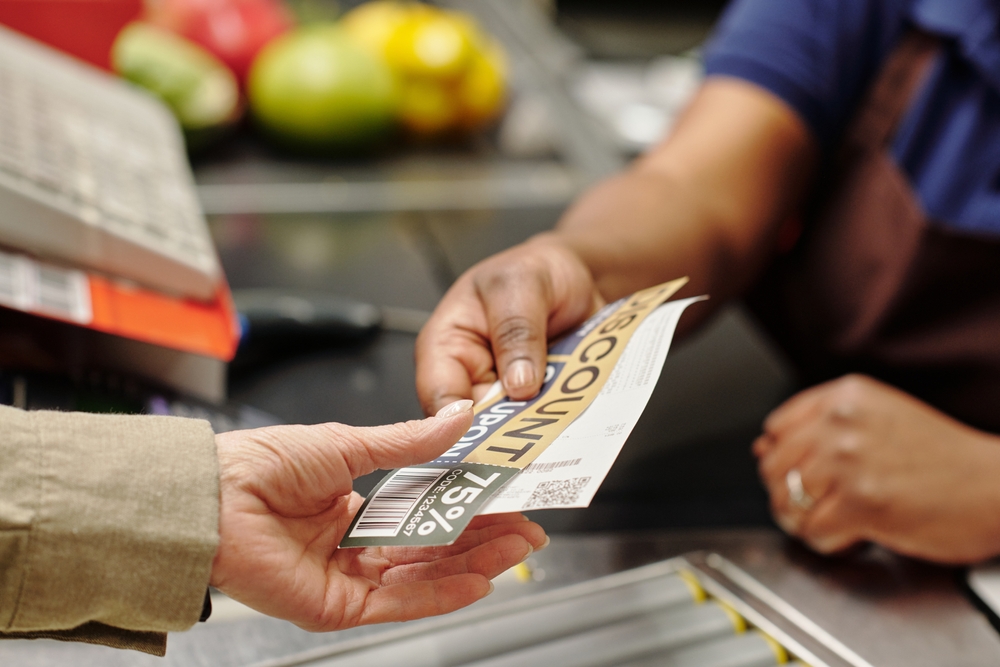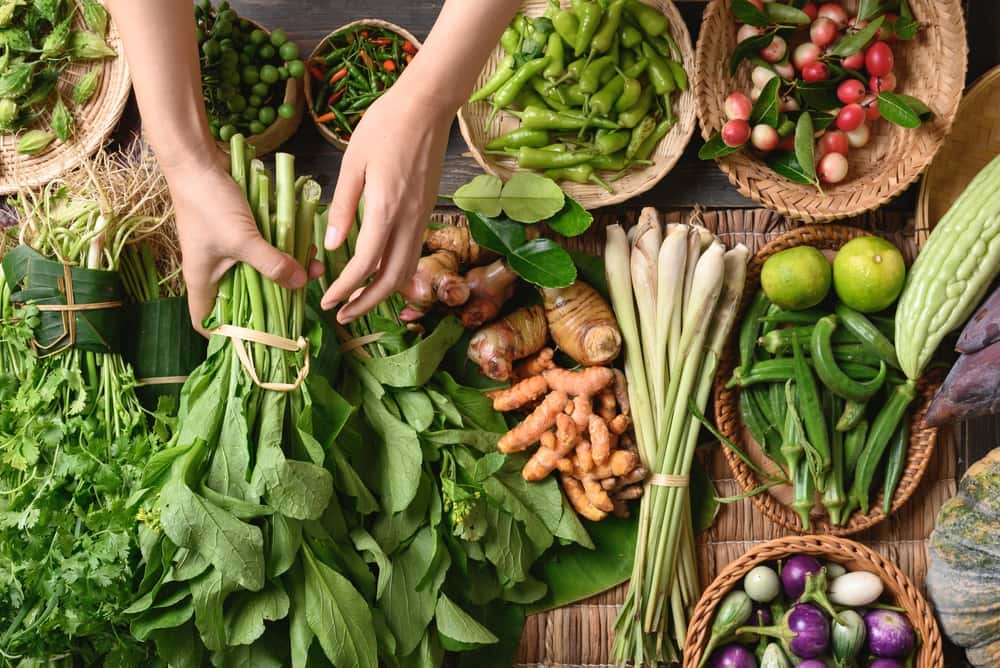Groceries: we all need them, and for many, it's one of the most significant recurring expenses in our monthly budget.
The aisles of a supermarket can either be a minefield of unplanned splurges or a calculated pathway to substantial savings.
Dive into our guide on saving money on groceries and discover how you can feast well without the fiscal fuss.
How Stressful Grocery Shopping Can Lead To Overspending

Grocery shopping, seemingly a mundane task, can surprisingly become a source of stress for many. Navigating crowded aisles, trying to stick to a tight budget, and being bombarded with endless product choices can feel overwhelming.
Additionally, balancing the desire for healthy options with often more affordable, less nutritious alternatives presents another challenge. This stress can lead to rushed decisions, impulse purchases, and even overspending.
Why Groceries Should Be The First Expense To Cut Down On
When it comes to monthly expenses, groceries stand out as a prime area for savings potential. Unlike fixed costs such as mortgage payments or utility bills, which remain consistent month to month, your grocery bill is a variable expense.
This means it offers flexibility and can be adjusted based on your choices and habits. By becoming more strategic about grocery shopping and reducing this particular expenditure, you're directly freeing up funds that can bolster your savings.
In essence, while you can't easily change what you pay for electricity or rent, you can significantly influence your grocery expenses, giving you more control over your financial health.
Who Can Benefit From Reducing Grocery Costs
Families on a Budget: Larger households with children often have substantial grocery bills.
Single Parents: Juggling work, childcare, and financial responsibilities, single parents can greatly benefit from every penny saved.
College Students: Often on tight budgets and sometimes buying groceries for the first time, students can use these savings for tuition, books, or other expenses.
Seniors on Fixed Incomes: With possibly limited pensions or retirement funds, seniors can allocate the savings from groceries to medical expenses or leisure activities.
Young Professionals: Those just starting out, possibly with student loans, can use the extra funds to pay down debt or invest in their futures.
People with Dietary Restrictions: Specialty foods can be more expensive. Learning to save on other grocery items can offset these costs.
Here are 14 specific ways to cut those grocery costs and boost your savings.
Create A Weekly Meal Plan
By knowing what meals you'll prepare, you can avoid buying unnecessary items and reduce food waste. Planning also helps streamline the cooking process and saves time during busy days.
Stick To A Shopping List
Once your meal plan is set, make a shopping list and stick to it. This helps to resist the allure of impulse purchases. Being disciplined with your list also ensures that you're only purchasing essentials.
Shop With Cash
Using cash can make you more conscious of your spending and help you stick to your budget. Seeing physical cash leave your hands can discourage overspending.
Buy In Bulk
Often, purchasing items in larger quantities can lead to significant savings per unit. But ensure you'll use all of it to avoid wastage. Storing bulk items properly can prevent them from going bad.
Embrace Seasonal Produce
Not only is seasonal produce fresher and tastier, but it's usually cheaper because of its abundance. It's also a great way to introduce variety into your meals.
Compare Store Brands
Sometimes, the generic or store brand is just as good as the name brand but at a fraction of the cost. Reading ingredients can confirm similarities between products.
Use Coupons And Discounts
Make use of any available coupons, but ensure they're for items you actually need. Keeping an organized coupon book can help you remember to use them before they expire.
Join Loyalty Programs
Many supermarkets offer loyalty programs that give members access to exclusive discounts. Regularly check the perks and offers of your loyalty program to maximize benefits.
Reduce Meat Consumption
Meat is typically more expensive than vegetables, grains, or legumes. Even cutting back a little can save a lot. Exploring plant-based recipes can also lead to discovering new favorite dishes.
Check Unit Prices
The price tag will show the total price and the unit price. Comparing unit prices can help you get the best value. This is especially useful when comparing different brand products or package sizes.
Visit Farmers' Markets
Near the end of the day, many vendors at farmers' markets will drop their prices to make sales. You'll also be supporting local farmers and enjoying fresher produce.
Limit Pre-packaged Snacks
These are often more expensive and less healthy. Consider making your own snacks at home. Homemade snacks often taste better and you control the ingredients.
Optimize Leftovers
Get creative with leftovers, turning them into a new meal, thus saving on the next day’s food expenses. This reduces waste and offers a challenge to your culinary creativity.
Avoid Shopping On An Empty Stomach
Hungry shoppers tend to buy more, including items they don't need. Having a small snack before shopping can lead to clearer decision-making in the aisles.
By incorporating these methods into your grocery shopping routine, you'll not only save money but also cultivate better buying habits for the long term.























